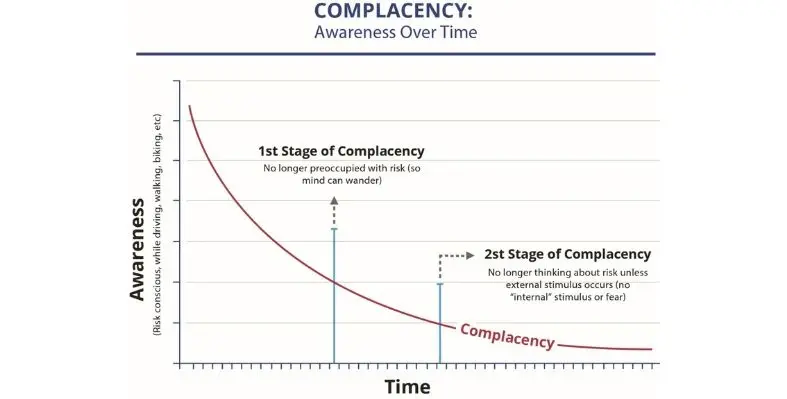A groundbreaking report from the European Trade Union Institute (ETUI) has, for the first time, put a price tag on the economic toll of work-related stress across the European Union, estimating it at over €100bn (US$105bn) annually.
The study, titled 'Work-related stress and cardiovascular diseases', highlights the staggering financial and human costs of workplace stress, linking it to cardiovascular diseases and mental health disorders like depression.
The ETUI report reveals that work-related stress contributes significantly to cardiovascular diseases, which account for a substantial portion of the €100 billion cost. These expenses stem from healthcare costs, lost productivity, and absenteeism due to stress-induced illnesses. The study also underscores the mental health impact, with depression caused by workplace stress adding to the economic strain.
In 2015 alone, the report estimates that more than 10,000 workers died, and over 400,000 years of life were lost due to cardiovascular diseases and depression caused by work-related psychosocial risks. “These are preventable deaths,” said Dimitra Theodori, Head of Health and Safety at ETUI. “We urgently need to redesign work environments to protect both mental and physical health.”
The report identifies significant variations in stress levels across EU member states, with countries like Poland reporting higher rates of workplace stress compared to nations such as the Netherlands and Switzerland. France, Belgium, Finland, Ireland and the Netherlands rank among the five countries most affected in terms of cost per 100,000 workers. The cost of depression attributable to all five PWEs is for instance 2.2 times higher in the Netherlands than in Poland per 100,000 workers, or 2.3 times higher in France than in Portugal.
Women workers are disproportionately affected by psychosocial risks such as excessive working hours, job uncertainty, and workplace bullying.
A Call for Action
The ETUI urges employers and EU institutions to treat work-related stress as an organisational issue requiring collective action. The report advocates for stronger workplace policies, including better stress management programmes, improved working conditions, and greater support for mental health. It also calls for regulatory measures to hold employers accountable for mitigating stress-related risks.
“While workplace fatalities have decreased over the years, the toll of psychosocial risks continues to rise—often invisible, yet devastating. It's time to treat mental well-being as a fundamental workplace right,” said Theodori.
The sentiment is echoed in the ETUI’s recommendations, which emphasize collaboration between employers, unions, and policymakers to reduce the burden of stress.
Broader Implications
The report’s release comes amid growing concern over workplace wellbeing in the EU, with 51% of workers reporting that stress is common in their workplaces and 40% believing it is poorly managed, according to EU-OSHA data. The ETUI’s findings align with these concerns, warning that unaddressed stress could undermine efforts to build resilient and sustainable economies.
Social media discussions on platforms like X have amplified the report’s impact, with users highlighting the €100 billion figure as evidence of systemic workplace issues. Posts describe the cost as a reflection of “conditions that make people stressed or unhappy at work,” urging political action to address deteriorating work environments.






















